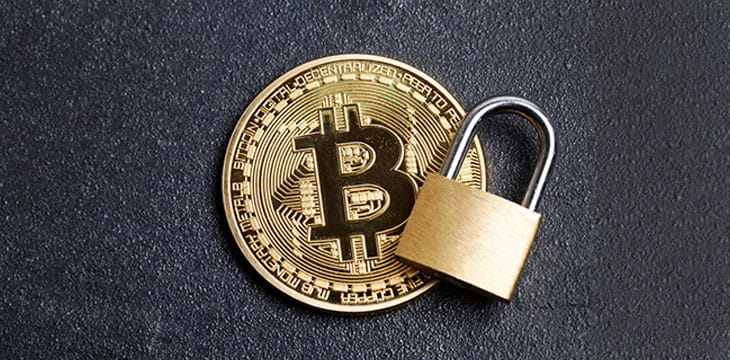|
Getting your Trinity Audio player ready...
|
Digital currency service providers in South Korea will no longer be able to support digital assets that present high money laundering risks—notably privacy-centric dark coins—starting March 2021. In its recent regulatory update, the country’s financial services regulator will also require exchanges to confirm the real names of their users.
South Korean regulators have been against dark coins for years now, seeking to stamp out money laundering from the country’s digital currency industry. The latest to crack its whip is the Financial Services Commission (FSC) which recently published an update to the Act on Reporting and Using Specified Financial Transaction Information.
In its update, the watchdog has beefed up its anti-money laundering requirements in compliance with the Financial Action Task Force’s (FATF) recommendations. One of the amendments will see Korean exchanges cease to support dark coins as the regulator believes they offer a high money laundering risk.
This is the latest blow in a continued crackdown against dark coins in South Korea. In September 2019, the South Korean arm of Malta-based exchange OKEx announced that it would stop offering Monero, Dash and three other dark coins owing to regulatory requirements. The exchange stated at the time that these dark coins made it difficult to adhere to FATF regulations.
Several days later, Upbit followed suit, delisting six dark coins, among them Monero, Dash and Zcash. Upbit cited anonymity and money laundering concerns as the reasons for the delisting.
In its recent update, the FSC revealed it will require all exchanges to confirm their customers’ real names by verifying them against their national identity numbers and other personal data. This requirement has been the subject of heated debate in the country, with some experts claiming it breaches privacy laws. Korea’s Personal Information Protection Act prohibits local firms from requesting some personal data such as social security numbers from their users.
The new FSC guidelines will take effect on March 25, 2021. However, the regulator has stayed the implementation of the Travel Rule until March 2022, allowing digital currency exchanges one more year to get their data collection and reporting programs running.
In the U.S., the Federal Reserve recently proposed an amendment to the Travel Rule, requiring exchanges to collect information on transfers above $250. The previous threshold stood at $3,000.
See also: CoinGeek Live panel, Digital Currency & Global Compliance: Tools & Tips for Exchanges, Wallets & Other Service Providers

 02-20-2026
02-20-2026 




